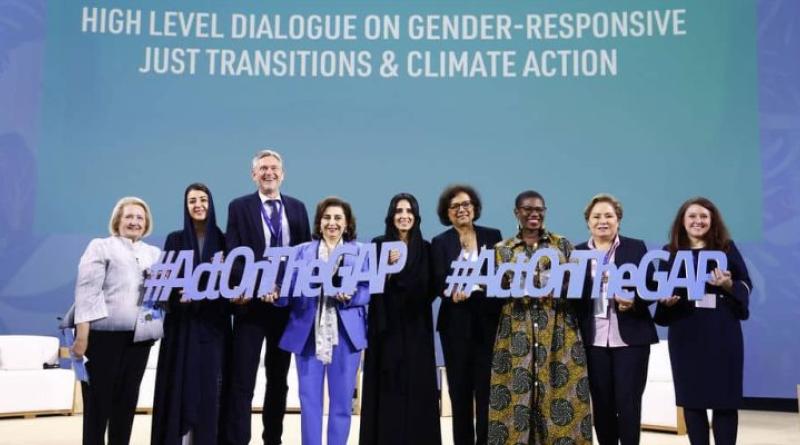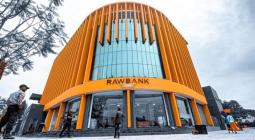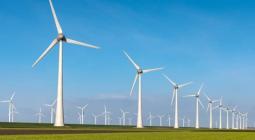COP28: 15 women out of 133 heads of state, a bad signal for the gender and climate

Gender inequality is one of the shortcomings of the 28th Conference of the Parties on Climate Change (COP28). The meeting, chaired by the United Arab Emirates (UAE), continues until 12 December, with few women present at the negotiating table.
While the day of 4 December 2023 was dedicated to “gender equality” at the site of the 28th Conference of the Parties on Climate Change (COP28), only 15 of the 133 heads of state taking part in Dubai are women. These include Samia Suluhu Hassan, the President of Tanzania, Mia Mottley, the Prime Minister of Barbados, and her Italian counterpart Giorgia Meloni, considered in Europe to be a climate sceptic.
According to feminist and environmental organisations, this figure reflects the alarming delay at global level in taking women into account in climate negotiations. Yet women are the most exposed to natural disasters and food insecurity. For the humanitarian organisation CARE International, it is inconceivable that these issues should be debated and negotiated on the international stage with little representation of women, who represent half the world’s population.
“Once again, the red carpet is being rolled out for male leaders at the COP, and men are dominating the panel. How are we going to achieve effective and sustainable climate policies without taking account of women and girls, who are increasingly silenced and invisible? For those living in the South in particular, the reality of floods, droughts and rising temperatures means increased gender-based violence, destruction of livelihoods and loss of opportunities. This has to change”, insists Fanny Petitbon, Head of Advocacy for CARE France.
Concrete solutions for the gender and climate approach
This view is shared by the United Nations Development Programme (UNDP), which has drawn up a report outlining concrete solutions at universal level for taking account of women in the fight against global warming. The UN agency recommends building women’s capacities in terms of knowledge of the 17 Sustainable Development Goals (SDGs), and supporting their financial empowerment by training them, for example, in renewable energy professions, as Zimbabwe is already doing.
All these initiatives should help to reduce the inequalities faced by women in terms of access to resources, land ownership, credit and technology. These elements are essential to the success of the gender and climate approach championed by the Organisation internationale de la Francophonie (OIF). In 2022, as part of COP27 in Egypt, the OIF trained 200 African women climate negotiators in partnership with the African Group of Negotiators (AGN), Environment and Climate Change Canada, the French Ministry of Europe and Foreign Affairs (MEAE) and the Principality of Monaco.





